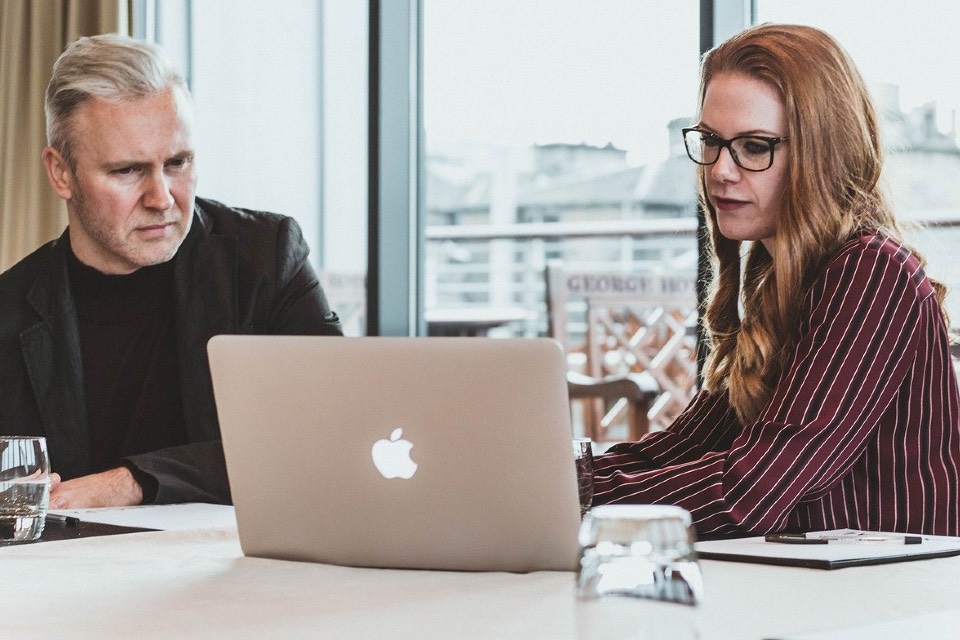Meeting room solutions and video conferencing specialist StarLeaf has released the StarLeaf Trends Report outlining the uptake of video conferencing usage seen across the business during the coronavirus (COVID-19) pandemic.
The report collects data from a number of countries including the UK, France, Sweden, Germany Italy, and the US. From the UK notable findings include:
• Significant growth in call volumes across major cities around the UK – Manchester recorded the biggest daily increases (over 3,000 per cent), followed then by Birmingham (over 2,500 per cent), and Bristol (just over 2,000 per cent).
• For London, intercity call volume increased by more than three times, indicating a strong demand for collaboration between the capital and other UK cities.
• International calls made by StarLeaf users from the UK increased by almost 250 per cent. National calls across the entire UK saw an increase of almost 750 per cent reinforcing the huge demand for communication across the UK, during the crisis.
• At its height, new user creation across StarLeaf grew to almost 300 per cent as organisations and employees equipped themselves with the means to work remotely during the lockdown.
• Since January, the number of weekly minutes from UK calls has increased by 947 per cent.
From the other countries surveyed, the data revealed:
• National calls across Germany increased by 1,300 per cent.
• France saw national calls across the country increase by almost 500 per cent and calls made internationally from France increased by almost 250 per cent.
• Italy – one of the worst hit countries during the pandemic – saw daily call minutes increase by 1,336 per cent.
• In the US, StarLeaf saw an increase of new users accounts of just under 250 per cent. It also saw national calls across the country increase by almost 300 per cent.
• Sweden, which did not impose a lockdown and instead emphasised ‘individual responsibility’ saw an increase of 426 per cent in daily call minutes.
Discussing these findings Starleaf CEO Mark Richer explained: “Video conferencing has played an integral role in the move to remote working, providing business continuity and helping people to work with colleagues and customers wherever they are, and this is supported by the significant growth of video meetings we’ve seen across the UK. We predict that when lockdown restrictions begin to ease and UK businesses start looking to the future, using video for collaboration will remain a core and vital part of an organisation’s way of working.
“The financial impact of coronavirus is undeniable and we believe many organisations will need to deploy cost cutting measures. Physical office space will be one area under consideration, with many businesses potentially downsizing their workspaces or looking for flexible office space rather than long-term leases, made possible by greater numbers of staff being able to work remotely. We also can’t ignore the psychological impact of coronavirus. The idea of commuting back into busy hubs such as London will be a daunting prospect for many employees. Employers will need to be sensitive to this issue and offer greater flexibility to those who feel they need it.
“We are also likely to see a change in attitudes towards areas such as recruitment. Historically, the ability to employ the best people is restricted by geographical location. With more remote and flexible working practices, organisations will be able to think more broadly about who they employ and not be restricted by where that person is based.
He concluded: “One final consideration is the positive impact coronavirus has had on environmental sustainability. It’s a high priority for leaders in most organisations, and many will look at how coronavirus has improved their environmental impact and will want to build on this. We can expect to see more organisations re-evaluating their travel needs, opting to keep the more viable, environmentally friendly alternatives such as video meetings.”















